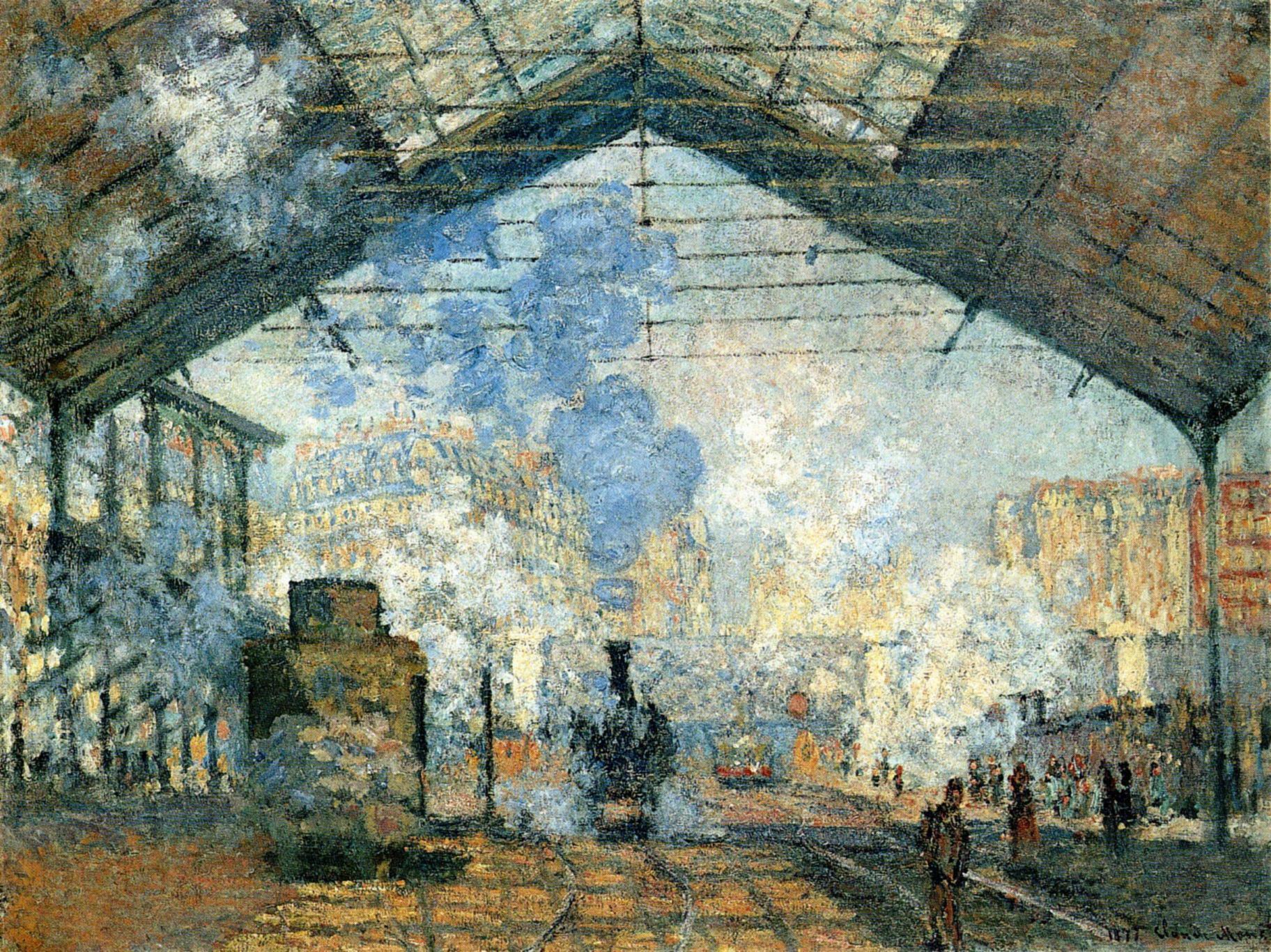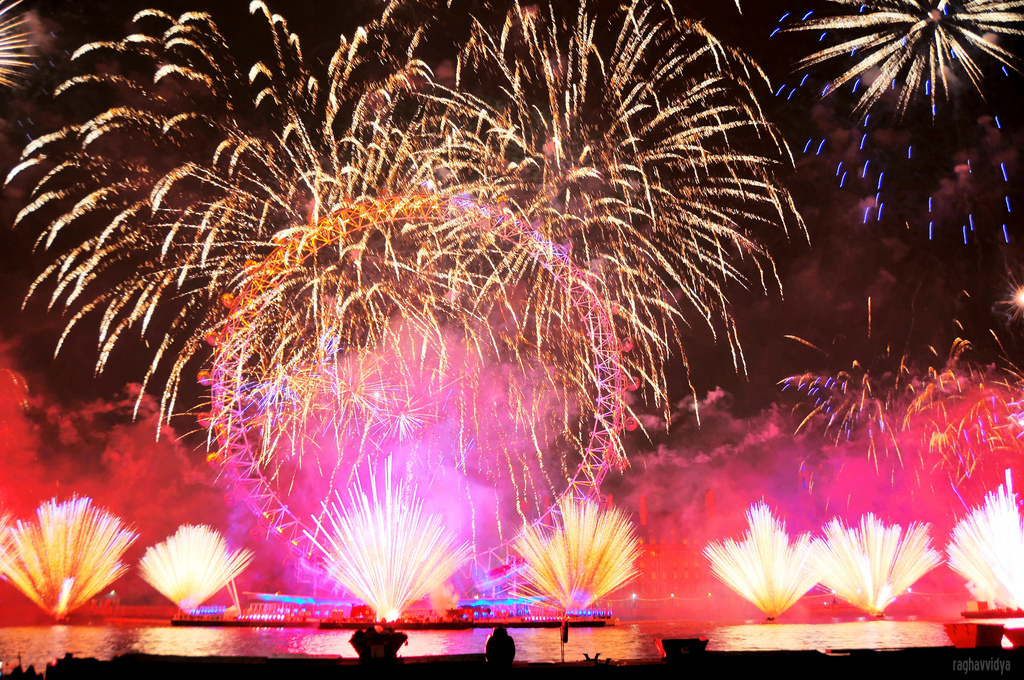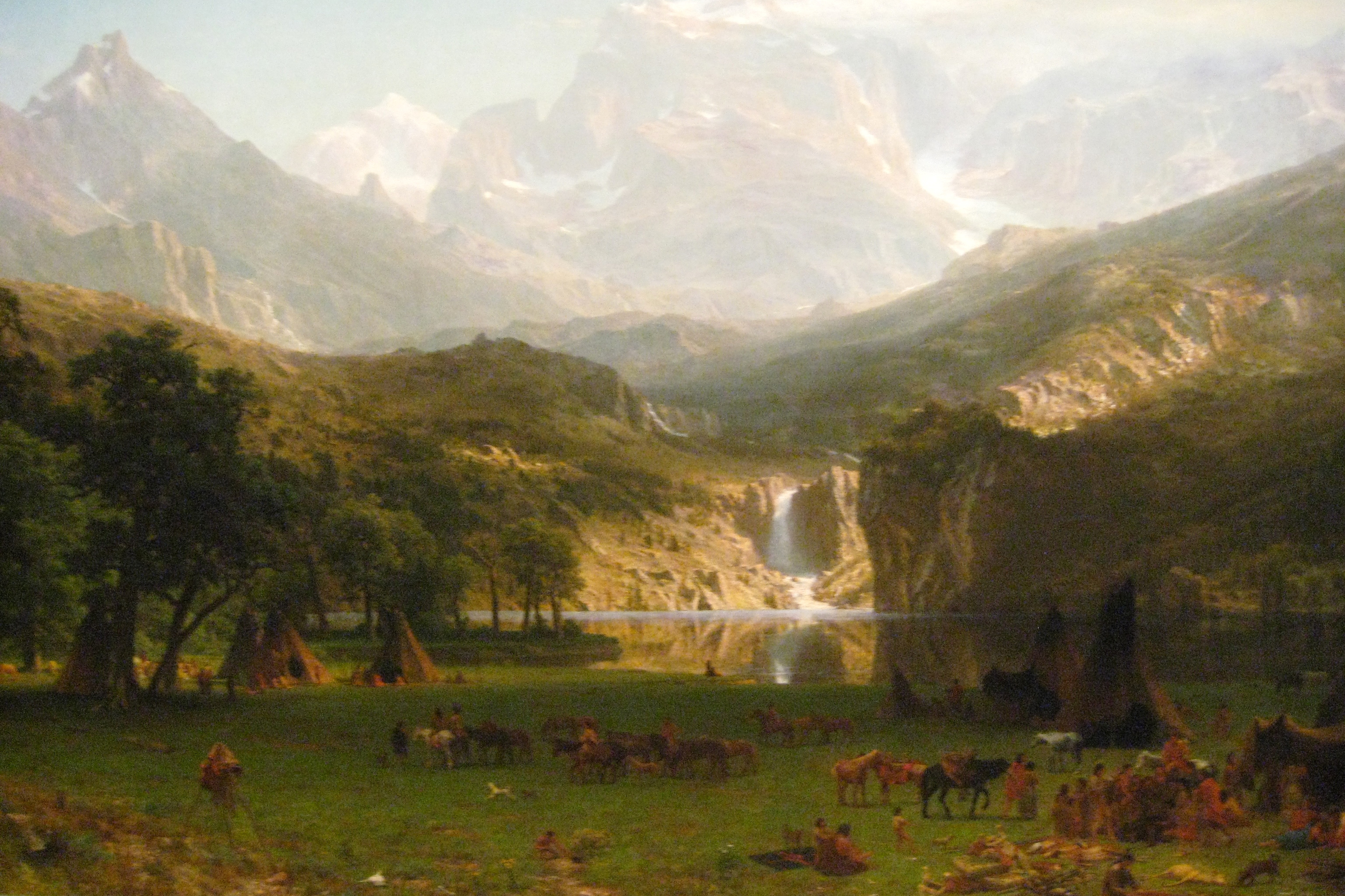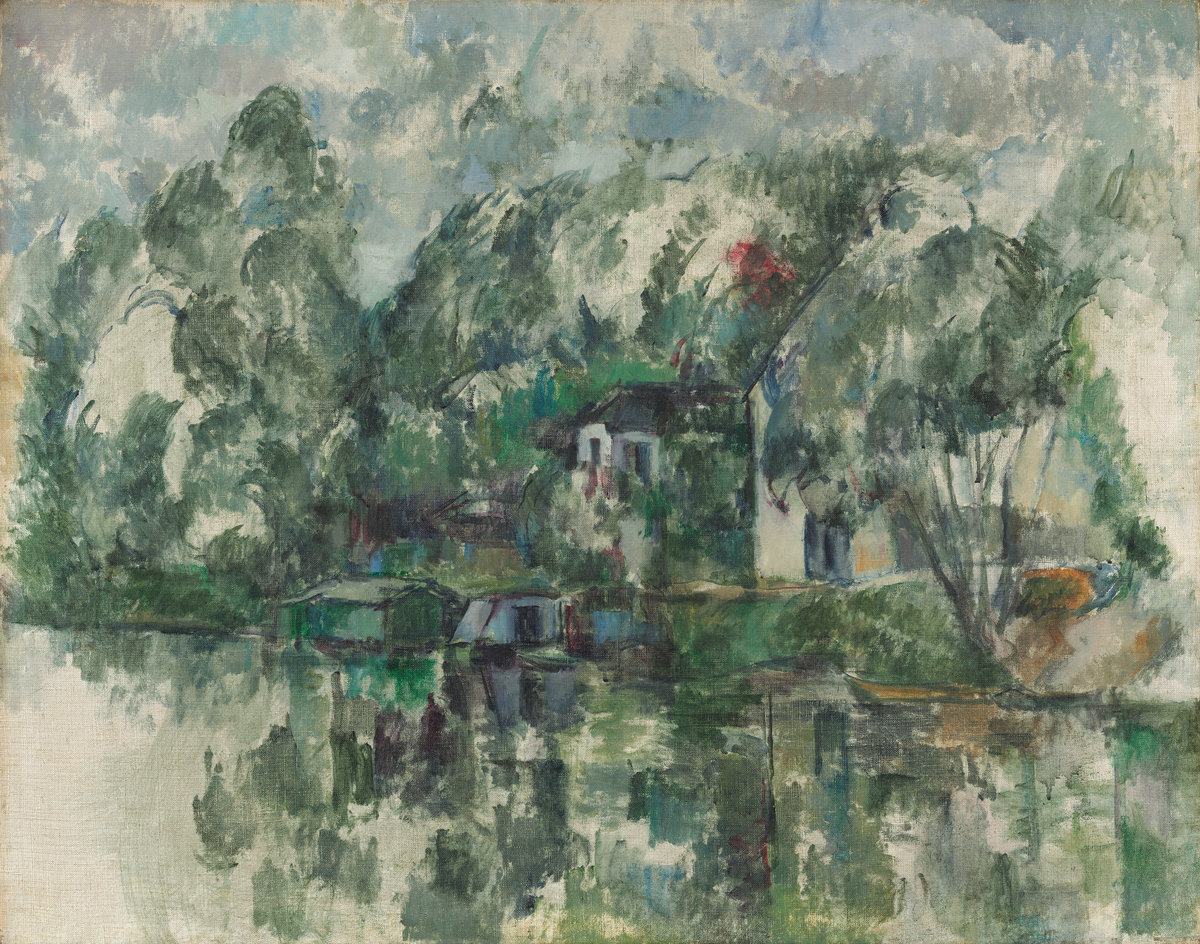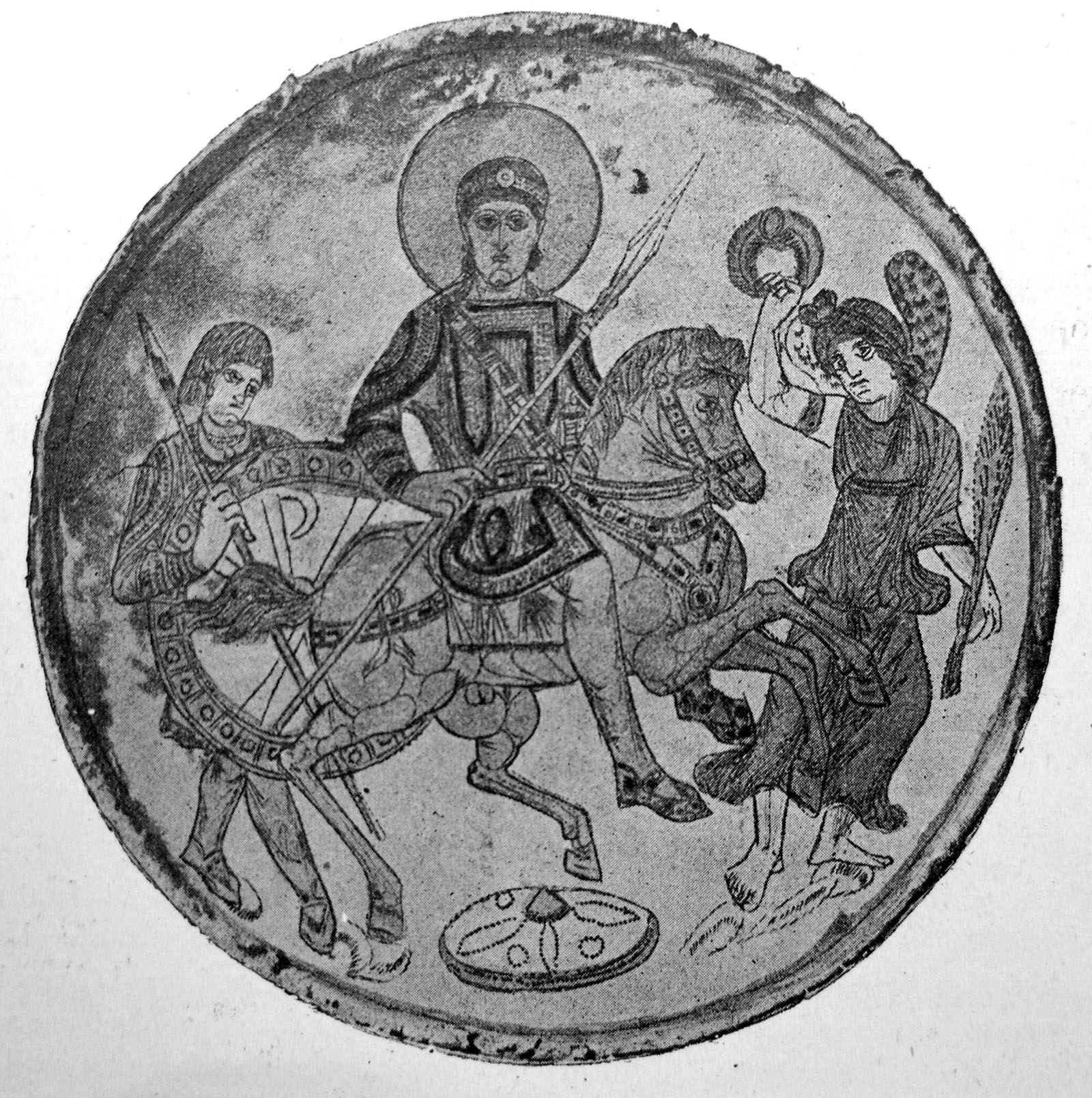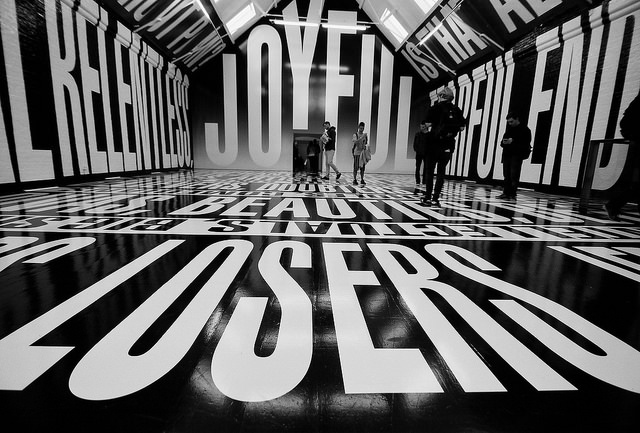
While it may be tempting to see Egypt’s Abdel Fattah el-Sisi as a cartoonish, all-powerful dictator, Nathan J. Brown and Katie Bentivoglio remind us that authoritarian regimes rarely run smoothly.
In the eastern DRC, Butembo is an oasis of peace. Why? According to Laura Seay, the governing structures built up by the Nande have a lot to do with it, and consequently Butembo provides a challenge to state-centric theories of stability.
In one town in Kazakhstan, residents routinely appear intoxicated and then fall asleep for days at a time. No one really knows why. And people don’t know what to do.
The UN’s Special Envoy for Syria Staffan de Mistura has one of the world’s most difficult jobs. While he has been accused of incompetence, the barriers he faces to reaching a negotiated settlement are immense.
In newly democratic Tunisia, there’s a movement to force former torturers to face justice. There’s one problem: many of them are still in power.
On Thursday, Salah Hasarma became the first Arab manager to take charge of a non-Arab Israeli soccer club. His appointment, and his past experiences, reveal the less-than-obvious racial politics at play in Israeli soccer.
It’s a lot easier to think of major social movements that have changed the world than social entrepreneurs who have done likewise. So why are philanthropists so enamored with the latter and so hesitant about the former?

